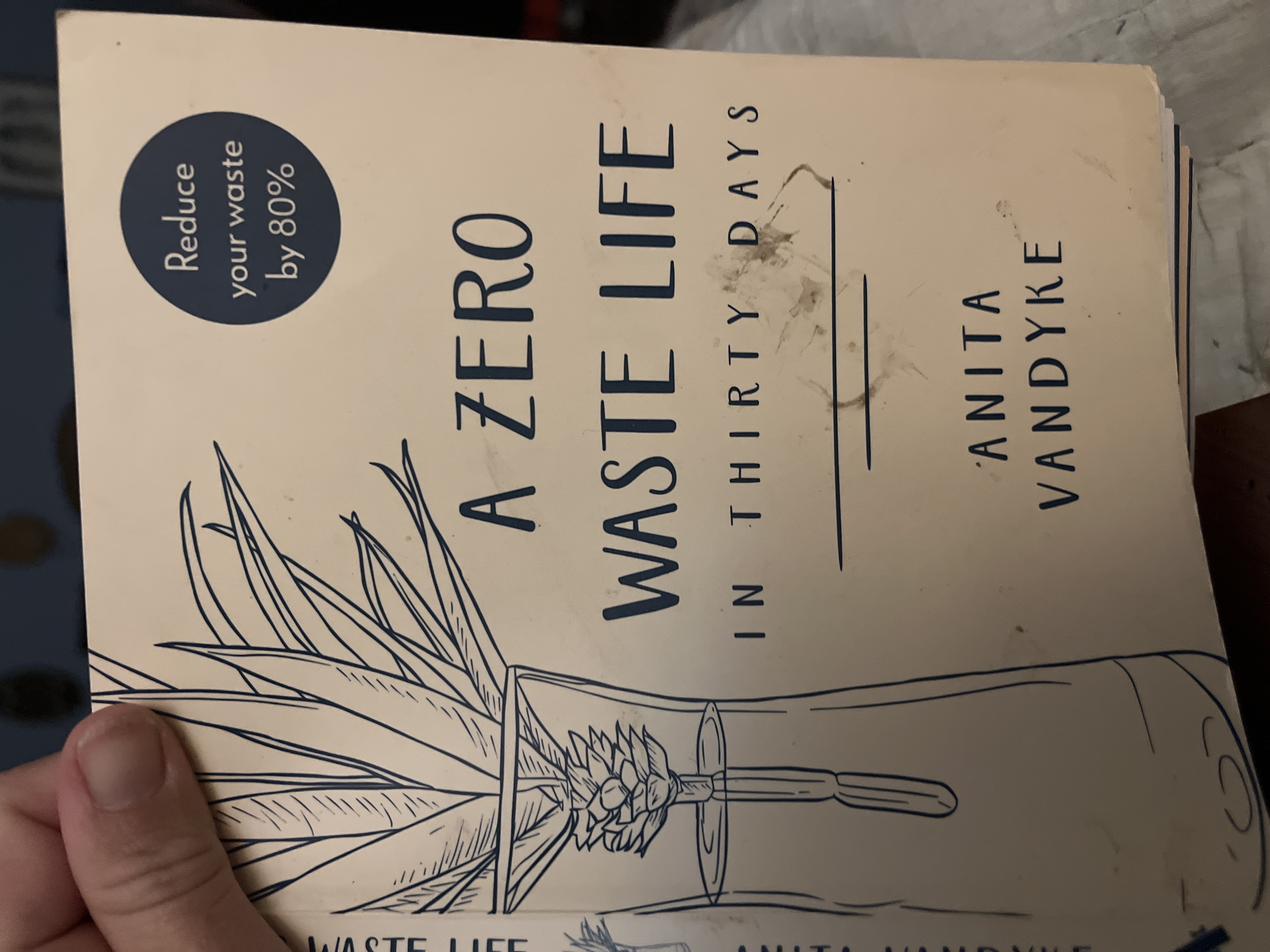I communicate with my family about the plastic reasons for why I buy (and don’t buy) certain goods on grocery day. For our extracurricular activity today, I am packing a no-waste dinner, using the link for recipes. Homemade pizza, cherry tomatoes from the csa, water bottles, and canned pineapple (the wildcard that might now get eaten by the boys). Also bringing apples and peaches. All in a reusable bag and containers.
Charlestonians - I highly suggest the community supported grocery delivery service. At least four families in my small James Island neighborhood use it. The produce is fresh and local, and you’re always kept on your toes for what meals to fix!
